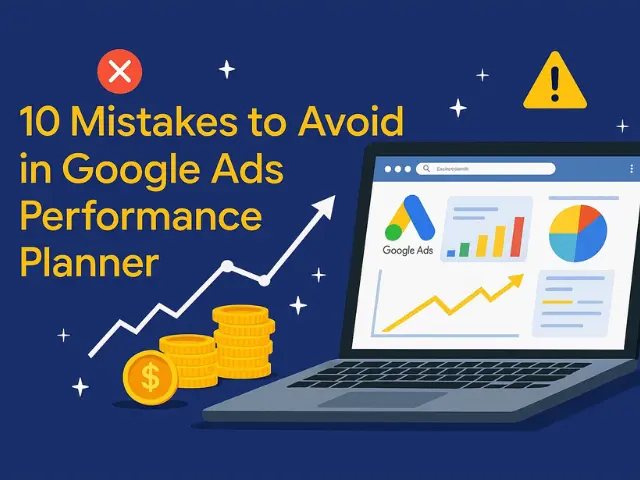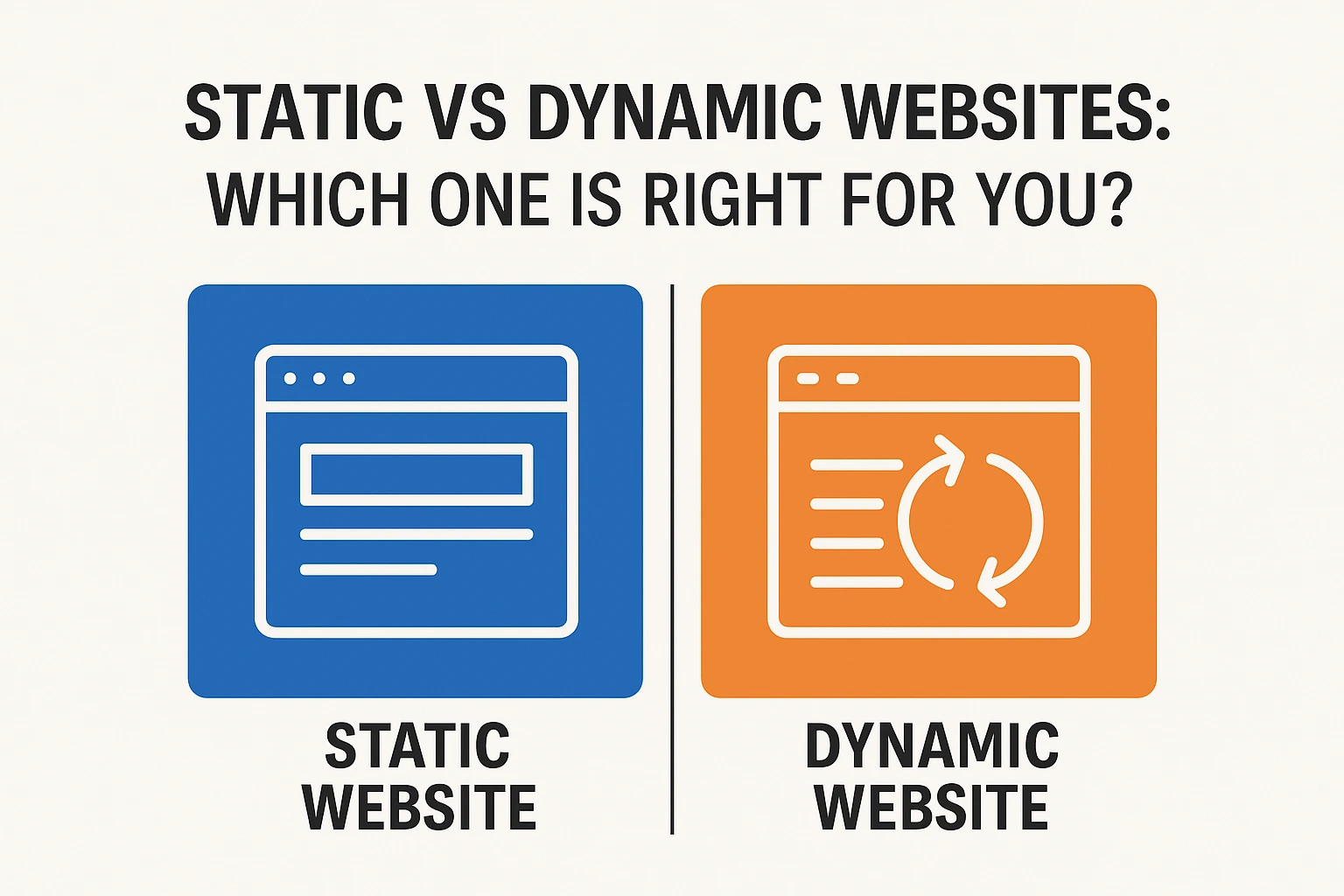As user privacy and data protection become increasingly important, Google has made it crystal clear: HTTPS and SEO are strongly connected. If your website isn’t secure, you could be missing out on better rankings. That’s why it’s crucial to understand the relationship between HTTPS, SSL certificates, and SEO.
In this blog, we’ll dive into how HTTPS impacts your SEO performance and what you need to stay competitive in the ever-evolving search landscape. And when it comes to implementing this vital upgrade, Savit Interactive is your trusted partner. With years of expertise in digital solutions, Savit Interactive ensures your website remains secure while boosting your search rankings.
Key Takeaways
- HTTPS as a Ranking Factor: Google considers HTTPS a direct ranking signal. Websites with SSL certificates are given a ranking boost, making HTTPS crucial for SEO.
- User Trust and Engagement: HTTPS improves user trust by displaying a secure connection, reducing bounce rates and indirectly influencing rankings.
- Website Speed and Mobile-First Indexing: HTTPS often improves site speed due to HTTP/2, which enhances user experience. Google also prioritizes mobile-friendly and secure websites for ranking.
- Migrating to HTTPS: Proper migration is key to avoiding SEO penalties. Ensuring correct redirects and updating links can prevent traffic loss during the switch from HTTP to HTTPS.
What is HTTPS?
HTTPS stands for Hypertext Transfer Protocol Secure. It is the secure version of HTTP, the protocol that web browsers use to communicate with websites. HTTPS encrypts all communication between the user’s browser and the website. This makes it nearly impossible for hackers to intercept or tamper with the data.
To enable HTTPS on your website, you need an SSL certificate (Secure Sockets Layer). This certificate verifies your website’s identity and encrypts any data passed between your website and its users. Without an SSL certificate, your website will remain on HTTP, which is not secure.
Why HTTPS Matters for SEO
The shift from HTTP to HTTPS isn’t just about security—it’s also about SEO. Google has been pushing for a more secure web, and websites that have made the switch to HTTPS are given a ranking boost. Here are the primary ways HTTPS and SEO are connected:
1. SSL Certificates SEO: A Direct Ranking Signal
In 2014, Google said it would use HTTPS as a ranking signal. So, it would favor websites using SSL certificates in search rankings. While it may not be the strongest ranking factor, it’s certainly one that can give your site a competitive edge. Google has since continued to emphasize the importance of having a secure website SEO setup.
2. Trust and User Experience: Indirect Ranking Factors
Google wants to provide its users with the best possible experience, and security plays a significant role in that. Users are more likely to trust a website that is marked as secure by their browser. Websites without HTTPS show a “Not Secure” warning. This can deter visitors and increase bounce rates.
Bounce rates and user engagement metrics are indirect ranking factors. If users are leaving your site because they don’t trust it, Google will take note, and your rankings could suffer as a result.
3. HTTPS Ranking Factors: Speed and Performance
Another way HTTPS affects your rankings is through website speed. HTTPS often leads to faster page loads. This is due to HTTP/2, a modern protocol. Most browsers use it with HTTPS. Faster sites enhance user experience. Google ranks sites partly on speed. So, HTTPS can boost your rankings indirectly.
4. Mobile-First Indexing and Secure Website SEO
Google now prioritizes the mobile version of websites for indexing and ranking. Mobile users, often on less secure networks, are particularly concerned about security. Implementing an SSL certificate strategy protects both desktop and mobile users. This, in turn, boosts your website’s search ranking.
How HTTPS Affects Your SEO Rankings
Now that we’ve linked HTTPS and SEO, let’s look at the HTTPS ranking factors that could affect your search result ranking.
1. SSL Certificate Quality
Not all SSL certificates are created equal. Google favors websites with high-quality SSL certificates from reputable providers. Free SSL certificates may be tempting, but they don’t always offer the same level of protection as paid options. Investing in a premium SSL certificate can give your website a further ranking boost.
2. Website Migration
Migrating from HTTP to HTTPS is not a simple task. If done incorrectly, it can harm your SEO. You need to ensure that all your URLs are properly redirected, and that there are no broken links or mixed content issues (where some parts of the site remain on HTTP). Proper migration will prevent any SEO losses during the transition.
3. Indexing and Crawling
When you switch to HTTPS, Google will treat your HTTPS site as a new version of your website. Make sure to update your sitemap and submit it to Google Search Console so that the search engine can properly crawl and index your new URLs. Also, monitor your traffic in Google Analytics to ensure you’re not losing any valuable data.
The Risks of Not Using HTTPS
If your website is still on HTTP, you could be facing several challenges:
- Loss of Rankings: Since Google favors HTTPS websites, you may see your rankings drop if you don’t make the switch.
- Increased Bounce Rates: Visitors are less likely to stay on a site that displays a “Not Secure” warning.
- Data Vulnerability: An unsecured website puts both your business and your visitors at risk of cyberattacks.
These issues make it clear why having a secure website SEO setup is crucial for any business looking to succeed in the online world.
How to Implement HTTPS for Better SEO
To implement HTTPS, follow these steps:
- Purchase and Install an SSL Certificate: Choose a reputable provider and follow the necessary steps to install the certificate on your web server.
- Update Internal Links: Make sure all internal links are updated to HTTPS.
- Redirect HTTP to HTTPS: Set up 301 redirects from HTTP to HTTPS to avoid losing traffic.
- Update External Links: Reach out to websites that link to you and ask them to update their links to point to your new HTTPS URLs.
- Monitor Performance: Keep an eye on your traffic, rankings, and security certificates to ensure everything is running smoothly.
Conclusion
The connection between HTTPS and SEO cannot be ignored. As more and more websites make the switch to HTTPS, staying on HTTP could severely hinder your SEO efforts. By investing in a strong SSL certificates SEO strategy and maintaining a secure website SEO setup, you’ll not only protect your visitors but also improve your chances of ranking higher on Google.
Take the necessary steps today to switch to HTTPS and start benefiting from the many HTTPS ranking factors that can boost your SEO performance. Not only will you secure your website, but you’ll also gain a competitive advantage in the search engine results.
Don’t let an insecure website hold you back from top rankings! Savit Interactive can help you integrate HTTPS and SSL, enhancing both your website’s security and SEO performance. Ready to make your site more trusted and visible? Contact us today!



